This thought-provoking video essay by Kurzgesagt – In a Nutshell insightfully deconstructs the nature of what we are.
“Are you your body? Well, kind of, right? But, is there a line where this stops being true? How much of yourself can you remove before you stop being you, and does the question even make sense?
Your physical existence is cells, trillions of them, at least ten times more than there are stars in the Milky Way. A cell is a living being, a machine made of up to 50 thousand different proteins. It has no consciousness, no will, no purpose; it just is,but it is still an individual. Together, your cells form huge structures for jobs like preparing food, gathering resources, transporting stuff around, scanning the environment, and so on."
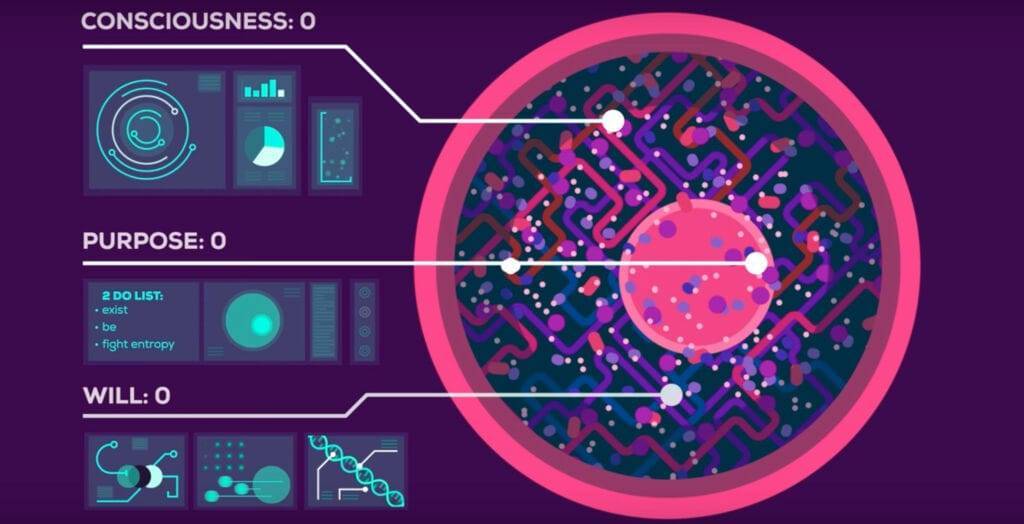
“If you extract cells from your body and put them in the right environment, they will continue to stay alive for a while, so your cells can exist without you, but you can’t exist without them. If we take all the cells away, there is no “you” anymore. Is there a line where a pile of your cells stops being you? For example, if you donate an organ, billions of your cells will continue to live on inside someone else. Does this mean that a part of you became a part of another person, or is this other body keeping a part of you alive? Or, let us imagine an experiment: you and a random person from the street exchange cells. One at a time, your body gets one of their cells; their body gets one of your cells. At which point would they become you? Would they ever, or is this just a very slow and gross way to teleport you?”
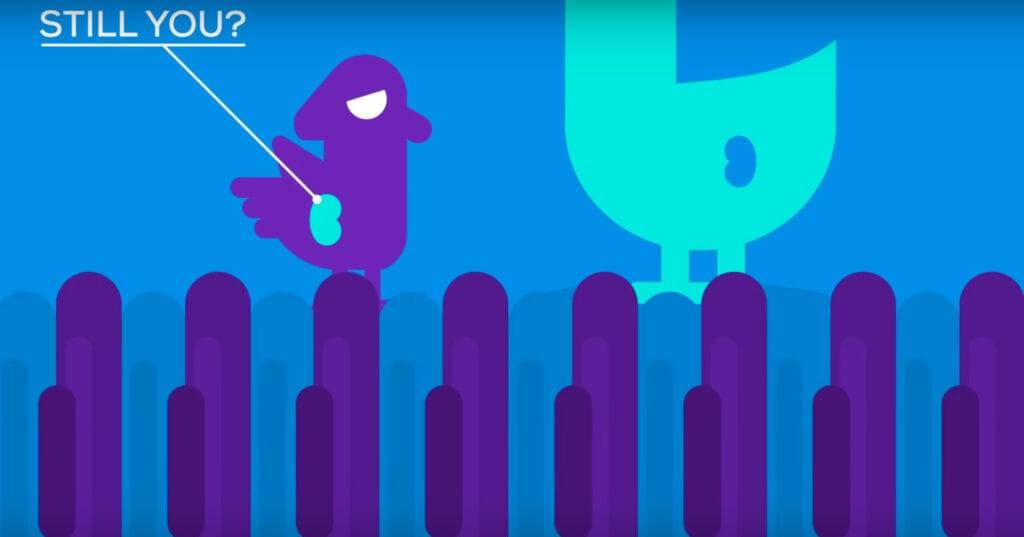
“Let’s make this more complicated! The image of ourselves as a static thing is untenable. Almost all of your cells have to die during your lifetime. Two hundred and fifty million have died since the beginning of this video, alone, between one and three million per second. In a seven-year period, most of your cells are replaced at least once. Every time your cells’ setup changes, you are slightly different than before, so a part of you is dying constantly. If you are lucky enough to become old, you would have cycled through roughly a million billion cells, so what you consider yourself is really just a snapshot, but sometimes, cells are broken and don’t want to die questioning the very nature of the unity of our bodies. We call them cancer. They cancel the biological social contract and become basically immortal.
Cancer is not an outside invader; it’s a part of you that puts its own survival over yours, but you could also argue that a cancer cell becomes another entity inside us; another being that just wants to thrive and survive. Can we blame it for that?”
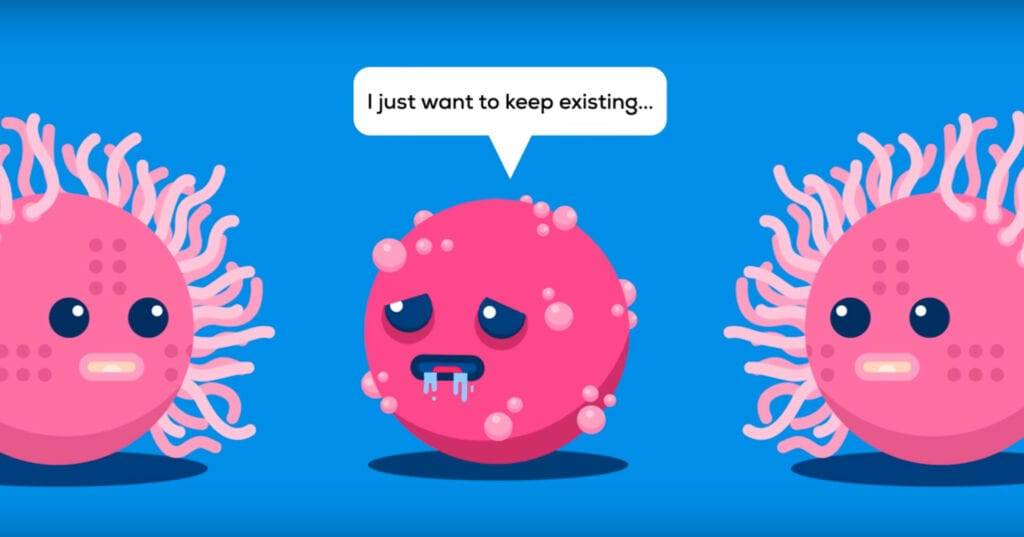
“A chilling cell story is that of Henrietta Lacks, a young cancer patient who died in 1951. Usually, cells only survived for a few days in the lab, making research very hard. Henrietta’s cancer cells were immortal. Over the decades, they were multiplied over and over again and used for countless research projects saving countless lives. Henrietta’s cells are still alive and overall have been grown to at least 20 tons of biomass, so there are living parts around the world from someone who has been considered dead for decades.
How much of Henrietta is in these cells? What makes one of your cells “you,” anyway? Maybe the information contained in it, your DNA? Until recently, it was believed that all the cells in your body had basically the same genetic code, but it turns out this is wrong. Your genome is mobile, changing over time through mutations and environmental influences. This is especially the case in your brain.”
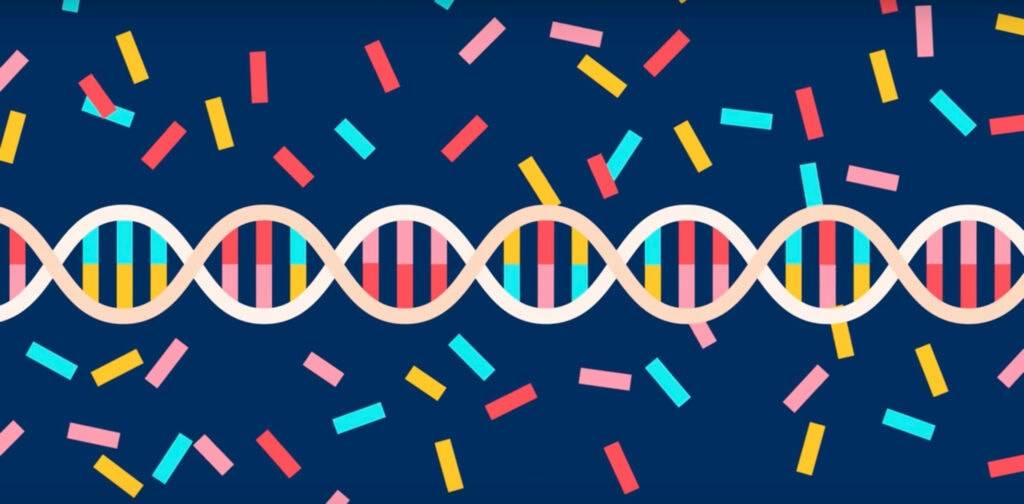
“According to recent discoveries, a single neuron in an adult brain has more than one thousand mutations in its genetic code that are not present in the cells surrounding it, but how much “you” is your DNA, really? About eight percent of the human genome is made up of viruses that once infected our ancestors and merged with us. Mitochondria, power plants of the cell, once were bacteria that merged with the ancestors of your cells. They still have their own DNA.
An average cell has hundreds of them, hundreds of little things that are not really human, but they still kind of are. It is confusing. Let’s backtrack a bit. We know that you’re made up of trillions of little things made from more little things that are constantly changing. Together, all those little things are not static, but dynamic. Their composition and condition is changing constantly, so we might just be a self-sustaining pattern without clear borders that gained self-awareness at some point and now has the ability to think about itself through time and space, but really only exists in this exact very moment. ”
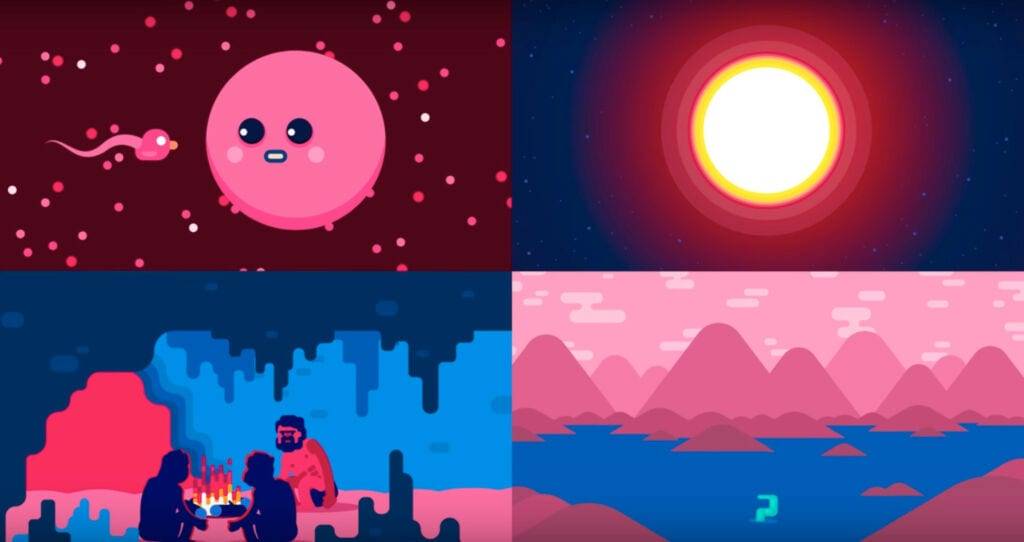
“Where did this pattern start? With your conception, when the first human arose, when life first began conquering our small planet, or when the elements that make up your body were forged in a star? Our human brains evolved to deal with absolutes. The fuzzy borders that make up reality are hard to grasp. Maybe ideas like beginning and end, life and death, you and me, are really not absolutes, but ideas belonging to a fluent pattern; a pattern that is lost in this strange and beautiful universe.”
2-3X Your
Learning Speed
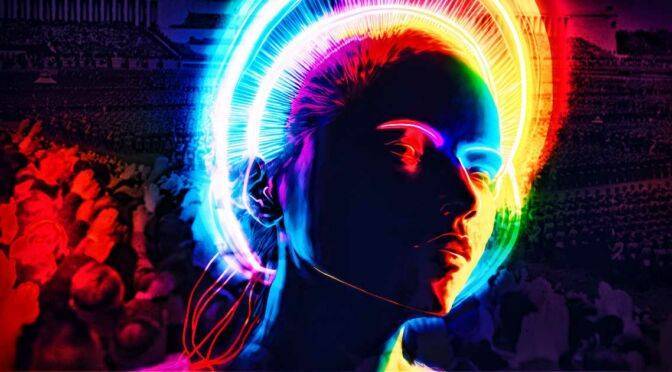
How to Transcend and Hack Politics with Insights from Brain Science
Recent studies have revealed a strong correlation between brain characteristics and an individual’s political views. In fact, one study showed researchers could
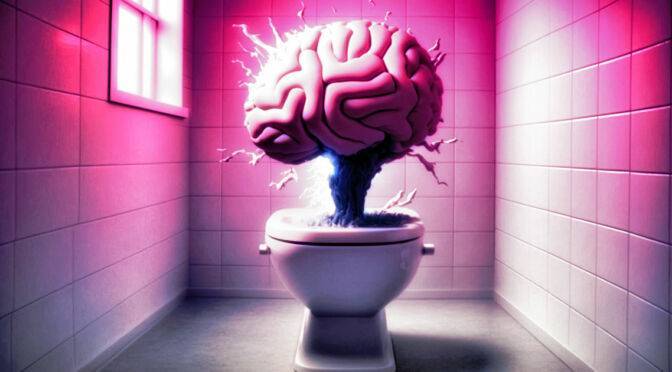
The C.R.A.P. Board Technique
Best-selling author and neuroscience expert Mark Waldman developed a powerful tool to stop the brain from ruminating on problems, fears
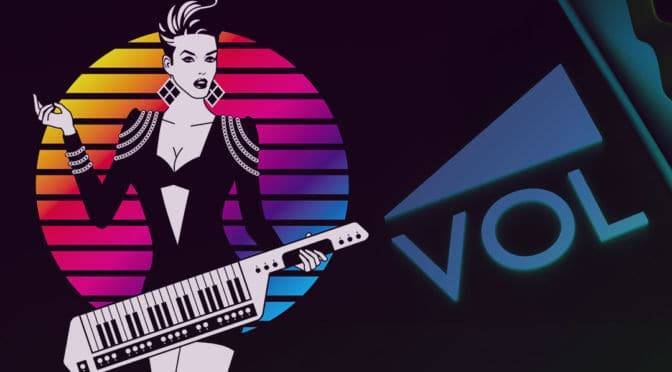
2 Simple Brain-Shifts That Can Turn Your Neural Activity for Mental Focus & Creativity to “11”
You can’t trip over a yoga-mat these days without hearing someone say something about “being mindful”, but… 📺 BREAKING NEWS
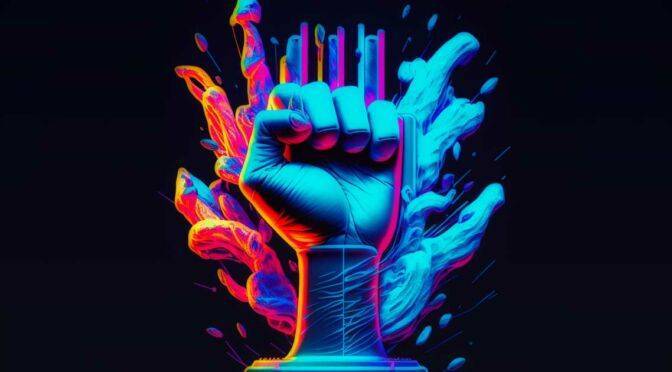
A Simple Way to 3X Your Chances of Reaching Your Goals
Like achieving stuff? Sure, you do. Wanna know a simple way to increase your chances by 300%? Psychologist Heidi Grant


0499154500
Armoedebestrijding en alles wat u wilt hebben. ben je kwijt. Kleuren zijn niet belangrijker dan altijd betalen voor water elektriciteit gas en uwe aandacht besteden geld is op . Tijd is nu íets doen België schuldenlast 10 miljard euro Armoetroef heeft steun nodig voor iemand als u wilt weten wat betekent volgens sommigen zeggen of meer hulp krijgen van burgemeester die niet om mensen zoals ik gee